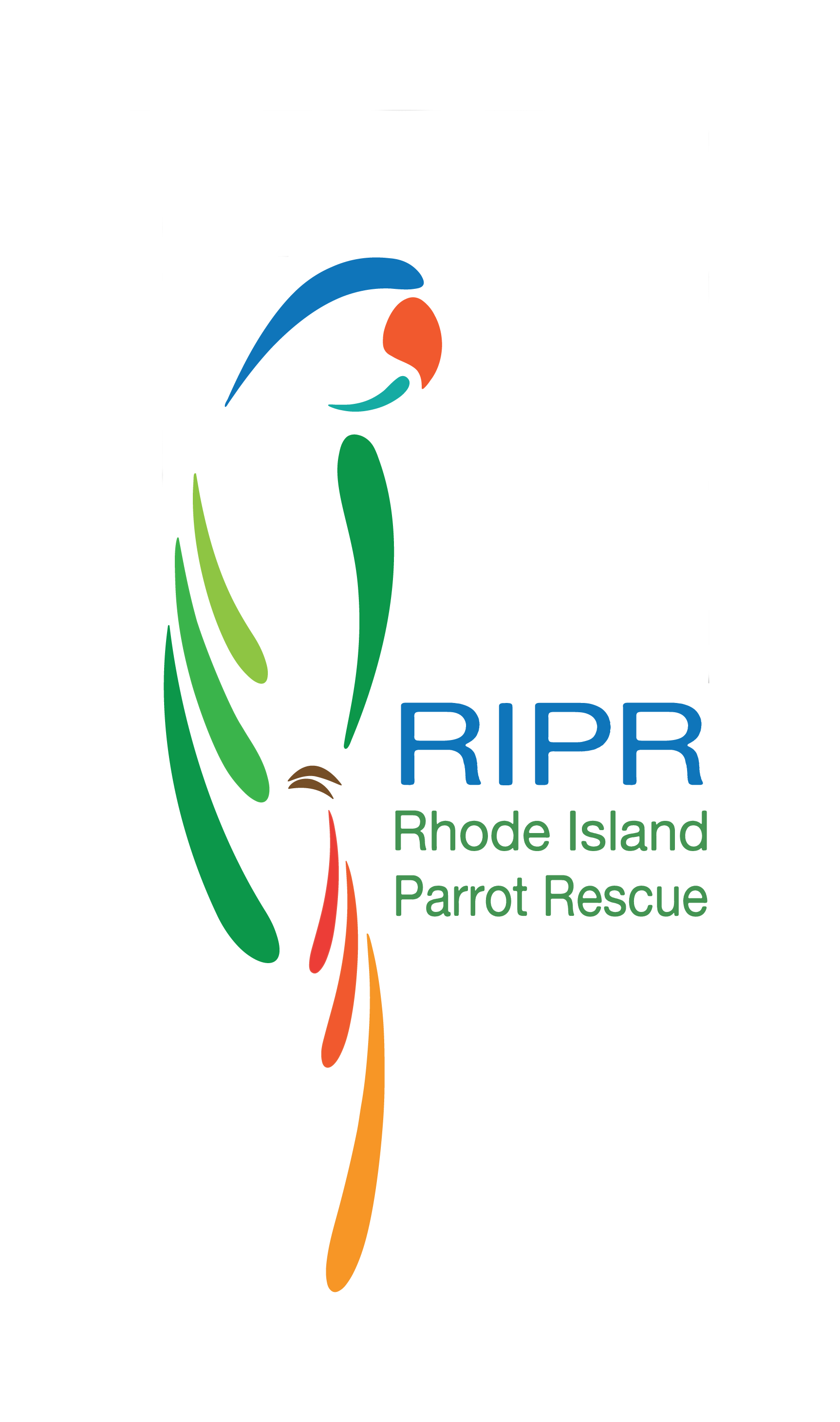Why We Say 'No' To Mirrors
Mirrors can lead to a range of behaviors in birds, including aggressive pecking, confusion, and self-directed actions. These effects can vary significantly between individuals. While not all birds display negative reactions to mirrors, the tendency for some to become aggressive or frustrated suggests that mirrors can induce stress or misinterpretation of the reflected image. For instance, birds might see their reflection as another bird, which can lead to aggressive or territorial behaviors, especially if they perceive the "other bird" as a threat.
In some cases, parrots may view their reflection as a mate, triggering a significant hormone rush. This can lead to an increase in hormonal behaviors, such as nesting, vocalizations, or attempts to court the mirror image. The problem arises because the bird believes it has found a companion but receives no response, leading to confusion and frustration. Over time, this lack of interaction can create an obsession, where the bird spends excessive amounts of time engaging with its reflection, believing it has a companion.
Providing a mirror as a substitute for a companion is not an effective way to socialize a bird and can have adverse effects. Birds that become obsessed with their reflection may develop significant psychological and physical issues. Stress, obsessive behaviors, and even feather plucking can result from constant engagement with the mirror image. Additionally, mirrors can make a bird anti-social around other birds, as it perceives the mirror reflection to be its primary social interaction.
It is important to understand that mirrors, though popular for smaller birds, do not fulfill their social needs. Smaller birds should ideally be housed with a partner to allow for natural social behaviors, rather than relying on mirrors to simulate companionship. Addressing negative behaviors stemming from mirror use can be difficult, and prevention is often the best approach. Avoiding mirrors can help prevent potential stress and behavioral issues, ensuring that birds remain healthy and well-socialized.
Copyrighted. Blog posts may be used as guidelines for the proper care of your parrot. Not intended for medical or legal advice. Please consult with a licensed avian veterinarian regarding the medical care and wellbeing of your exotic pets.
